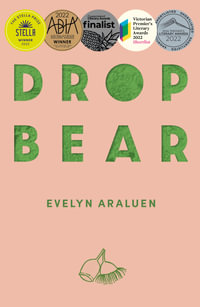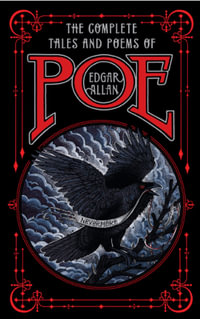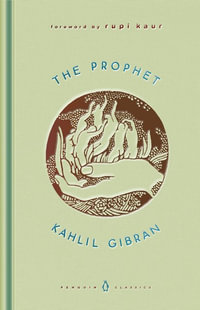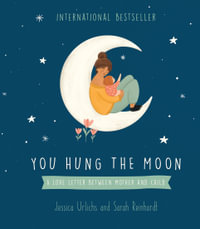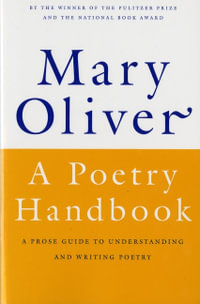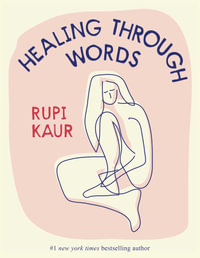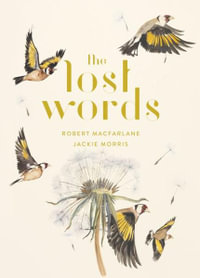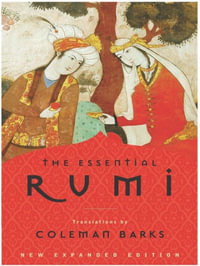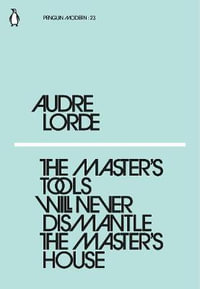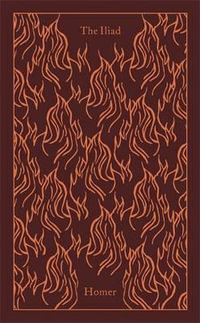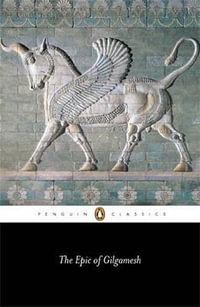"Urges, observations, memories, directions, and aspirations scissor, smear, and echo one another within and between verses demarcated by austere, unbroken dashes. The book is filled with carbonated queries-philosophical, literary, homophonic, ontological-that burst and fizz on ultramarine's oceanic, auratic surface. When Koestenbaum asks, 'Isn't art / a transcendent category?,' the answer can only be an emphatic yes."-Artforum
"If the voluminous allusions, usually divorced from context or analysis, are what a cerebral, queer, Jewish American culture vulture reared in the 1960s and '70s would predictably fall for... they often bestow pleasures deeper than passing giggles, uncovering, as Koestenbaum does while reading Simone Weil, 'the hurt, pocked portion / of being.'"-Harriet
"Koestenbaum, unflinching as he observes and notates his interior, brings a heroic quality to this poetic feat.'"-Rain Taxi
"Not only does Koestenbaum surprise us with content, but also with form. The text incorporates all manner of writing from dreams to factual news. It resists privileging one mode over another."-[PANK]
"This project, which began with The Pink Trance Notebooks (2015) and continued with Camp Marmalade (2018), is remarkable for many reasons... Each collection of trance notebooks reflects the degree to which Koestenbaum is attuned to real-time realities while he composes."-The Brooklyn Rail
"The final volume of his 'trance trilogy'-preceded by The Pink Trance Notebooks (2015) and Camp Marmalade (2018)-the collection is both a joyful language game and a bracing reminder that queer play is serious business."-The Yale Review
"In Ultramarine, Wayne Koestenbaum sifts through four years of trance notebooks to stitch together a revealing collage."-Library Journal
"Koestenbaum delves into paintings and the artistic process, using color as a metaphor through which to consider desire and memory."-Read Poetry
"There is a linguistic playfulness here that will appeal to some readers, as well as an insistence on modernity and the high-low duality of daily experience."-Publishers Weekly


